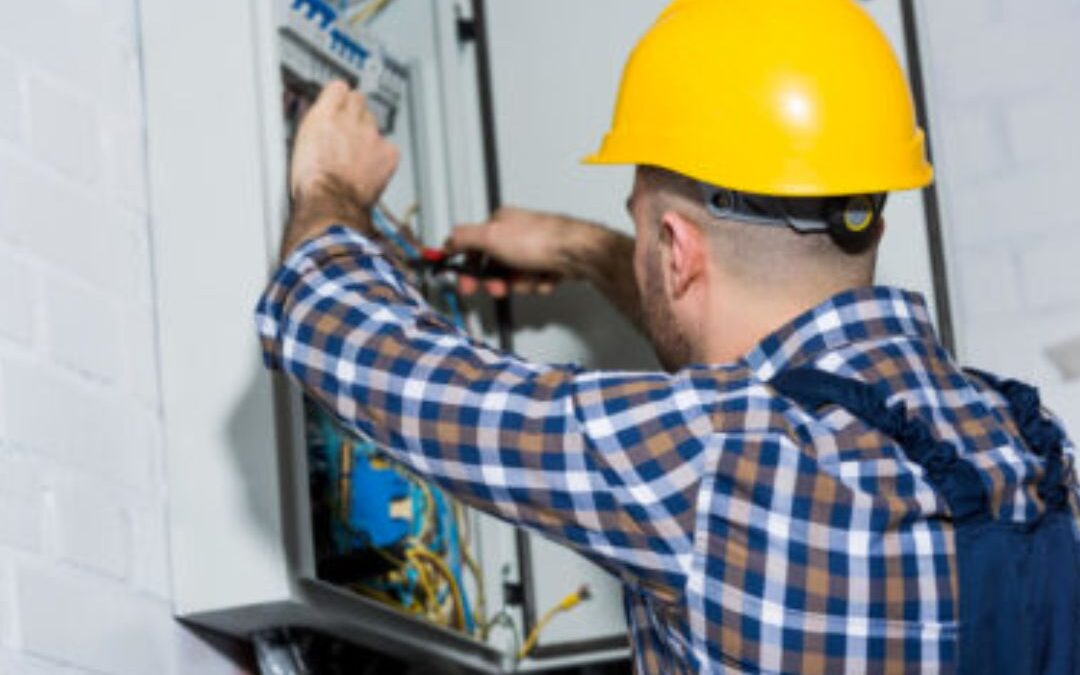-
Upgrade to Energy-Efficient Appliances: One of the most impactful ways to lower your energy bill is by upgrading to energy-efficient appliances. Older appliances, such as refrigerators, dishwashers, washing machines, and air conditioners, can consume a significant amount of energy. Look for appliances with an Energy Star rating, as they meet strict energy efficiency standards set by the Environmental Protection Agency (EPA). Energy-efficient appliances are designed to use less energy while delivering the same or better performance, ultimately reducing your energy consumption and saving you money over time.
-
Optimize Home Insulation: Proper insulation is essential for maintaining a comfortable indoor temperature and reducing the need for excessive heating or cooling. Inadequate insulation allows heat to escape during winter and infiltrate your home during summer, leading to increased energy usage. Start by identifying areas where insulation may be lacking, such as attics, walls, and windows. Consider adding insulation or upgrading existing insulation to improve energy efficiency. Weatherstripping around windows and doors can also prevent drafts and further enhance insulation. By optimizing your home’s insulation, you can reduce the strain on your heating and cooling systems, resulting in lower energy consumption and reduced energy bills.
-
Implement Energy-Saving Habits: Small changes in your daily habits can have a significant impact on your energy bill. Implementing energy-saving practices not only reduces your consumption but also promotes a sustainable lifestyle. Here are a few habits to consider:
-
Adjust Thermostat Settings: Lowering your thermostat in winter and raising it in summer by a few degrees can lead to substantial energy savings. Use a programmable or smart thermostat to automatically adjust temperatures based on your schedule.
-
Unplug Electronics: Many electronics consume energy even when they’re not in use. Unplug devices such as chargers, gaming consoles, and computers when they’re not actively being used, or use power strips to easily switch off multiple devices at once.
-
Utilize Natural Lighting: Make the most of natural light during the day by opening curtains or blinds. Reduce the need for artificial lighting and take advantage of the sun’s free illumination.
-
Opt for Energy-Efficient Lighting: Replace traditional incandescent bulbs with energy-efficient alternatives such as LED or CFL bulbs. These bulbs use significantly less energy and last much longer, saving you money in the long run.
-
Practice Efficient Water Usage: Reduce hot water usage by taking shorter showers, fixing leaks promptly, and using cold water for laundry when possible. Consider installing low-flow showerheads and faucet aerators to further conserve water and energy.
By incorporating these energy-saving habits into your daily routine, you’ll gradually see a reduction in your energy consumption and lower monthly bills.
Conclusion: Reducing your energy bill doesn’t have to be complicated or require significant sacrifices. By upgrading to energy-efficient appliances, optimizing home insulation, and implementing energy-saving habits, you can make a significant impact on your energy consumption and enjoy long-term savings. Embracing energy efficiency not only benefits your finances but also contributes to a more sustainable and environmentally conscious lifestyle. Start implementing these strategies today and enjoy the rewards of a reduced energy bill while reducing your carbon footprint.

